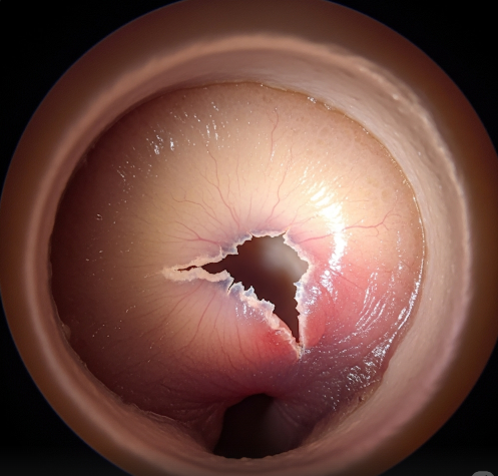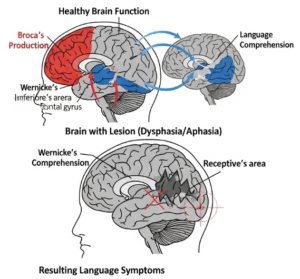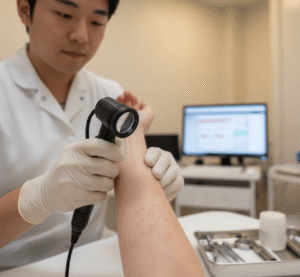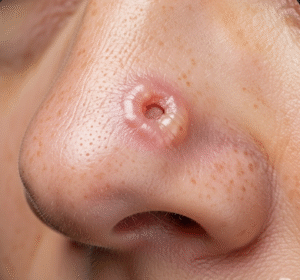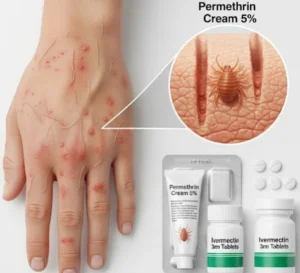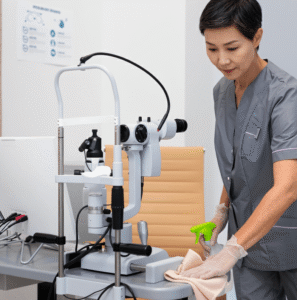Overview
A ruptured eardrum, also known as a tympanic membrane perforation, is a tear or hole in the thin tissue that separates the ear canal from the middle ear. This condition can cause pain, hearing loss, and increased risk of ear infections. In Korea, otolaryngology (ENT) specialists provide advanced diagnostic and treatment options to promote healing and restore ear function.
What is a Ruptured Eardrum?
The eardrum is a delicate membrane that vibrates to transmit sound from the outer ear to the middle ear. A rupture or perforation occurs when this membrane is damaged due to injury, infection, or sudden pressure changes. The severity can range from a small hole that heals on its own to a larger tear requiring medical intervention.
Symptoms
- Sudden sharp ear pain or discomfort
- Hearing loss or muffled hearing in the affected ear
- Fluid drainage from the ear, which may be clear, bloody, or pus-like
- Ringing or buzzing sounds (tinnitus)
- A feeling of fullness or pressure in the ear
- Vertigo or dizziness in some cases
Causes
- Middle ear infections causing buildup of pressure
- Trauma such as a direct blow to the ear or insertion of objects into the ear canal
- Sudden changes in air pressure (barotrauma) during flying or diving
- Loud explosions or acoustic trauma
- Head injury or skull fracture
Risk Factors
- Frequent ear infections, especially in children
- Using cotton swabs or other objects to clean the ear
- Exposure to loud noises or blasts
- Swimming in contaminated water increasing infection risk
Complications
- Persistent hearing loss if not properly treated
- Recurrent ear infections or chronic otitis media
- Middle ear damage or cholesteatoma formation
- Balance problems from inner ear involvement
Prevention
- Avoid inserting objects into the ear canal
- Treat ear infections promptly to reduce pressure buildup
- Use ear protection during exposure to loud noises or blasts
- Manage pressure changes carefully when flying or diving
Treatment Options in Korea
Korean ENT specialists offer effective management for ruptured eardrums:
- Observation and Self-Healing: Small perforations often heal naturally within weeks.
- Antibiotics: Topical or oral antibiotics to treat or prevent infection.
- Ear Protection: Keeping the ear dry and avoiding water entry during healing.
- Surgical Repair: Tympanoplasty or myringoplasty to close large or non-healing perforations.
- Hearing Assessment: Audiometry to evaluate hearing loss and guide treatment.
- Follow-Up Care: Regular monitoring to ensure healing and prevent complications.

